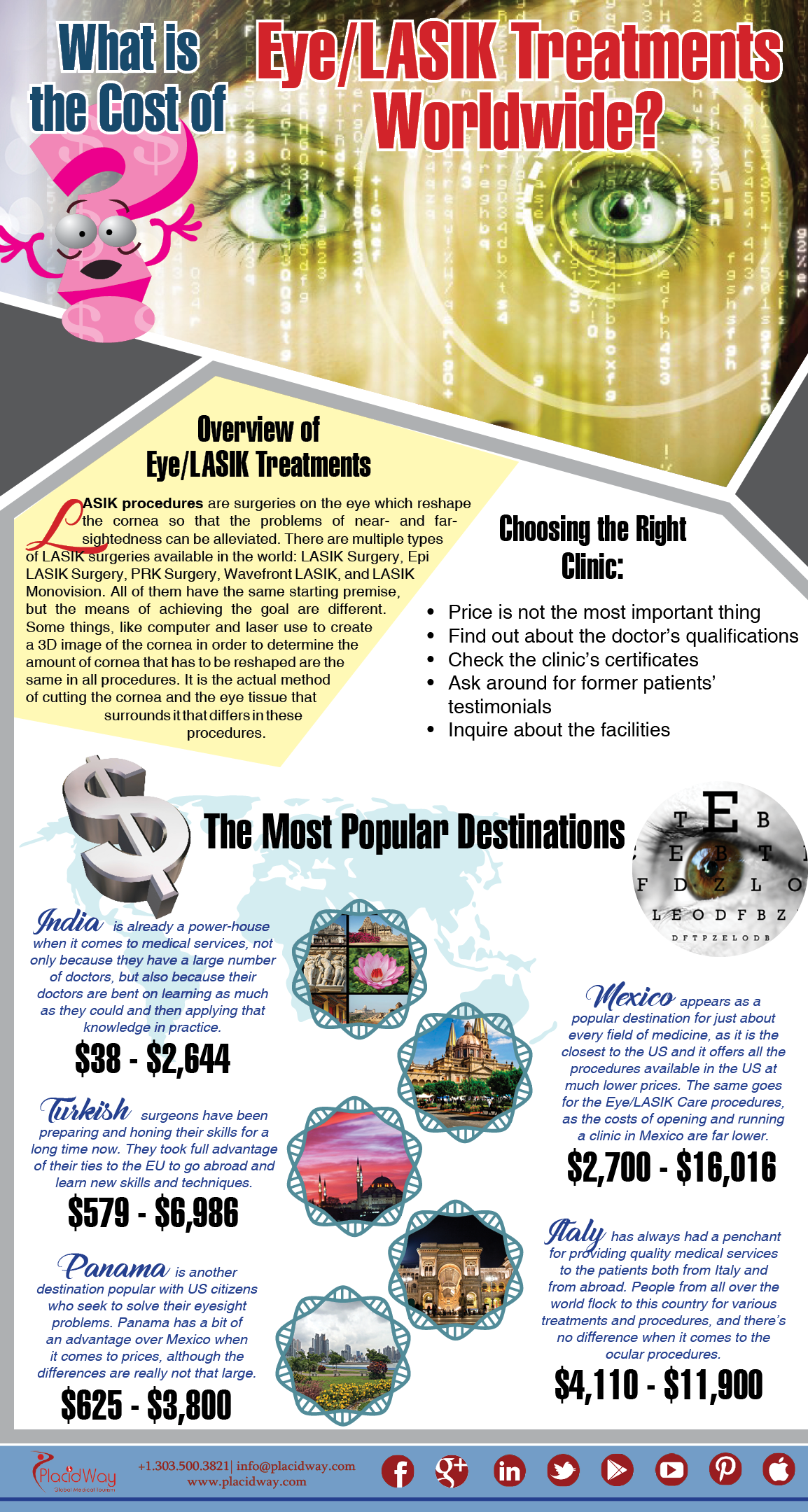Team Writer-Hunter Lorentzen
If you're taking into consideration refractive lens exchange, you most likely have a lot of questions. This procedure could change just how you see the globe, providing advantages like lowered dependence on glasses. Nonetheless, it's essential to comprehend the procedure, risks, and that certifies as a great prospect. Allow's check out these important facets so you can make an educated decision about whether RLE is right for you.
What Is Refractive Lens Exchange and Exactly How Does It Function?
Refractive lens exchange (RLE) is an operation designed to change your eye's all-natural lens with an artificial one, correcting vision problems like nearsightedness, farsightedness, or presbyopia.
During the procedure, your surgeon makes a small cut in the eye, removes your natural lens, and inserts an intraocular lens (IOL) customized to your vision needs. This outpatient surgical treatment typically takes about 15 to half an hour per eye and is executed under neighborhood anesthetic.
You'll likely see enhancements in your vision virtually promptly, though complete healing may take a few weeks. RLE is specifically advantageous for those over 40 or with high prescriptions, providing a resilient option compared to glasses or call lenses.
Your eye care specialist can aid identify if RLE is right for you.
What Are the Conveniences and Threats of Refractive Lens Exchange?
Picking refractive lens exchange can bring about significant improvements in your vision, yet it's important to consider both the benefits and threats before choosing.
On linked site , this procedure can enhance your sight by correcting concerns like presbyopia, myopia, and hyperopia. Several patients appreciate lowered reliance on glasses or call lenses, which can greatly enhance their quality of life.
However, it's important to take into consideration possible dangers. Issues can consist of infection, glare, or halos around lights.
There's likewise a chance of overcorrection or undercorrection, which might require extra treatments.
That Is an Ideal Candidate for Refractive Lens Exchange?
If you're considering refractive lens exchange, it is very important to understand whether you fit the profile of an optimal prospect. Normally, you may be a good candidate if you're over 40, experience presbyopia, or have high levels of nearsightedness or farsightedness.
It's also important that your vision is steady, suggesting your prescription hasn't changed substantially in the past year. If you have cataracts or other eye problems, you may gain from this procedure too.
However, particular factors, like uncontrolled diabetes or autoimmune conditions, might invalidate you. To establish your candidateship, seek advice from an eye treatment professional that can evaluate your particular scenario and suggest the very best strategy tailored to your needs.
Final thought
Finally, refractive lens exchange can be a transformative option for improving your vision, especially if you're over 40 or have a high prescription. While the advantages are substantial, it's crucial to evaluate the risks and seek advice from your eye treatment professional to figure out if you're a perfect prospect. With Presbyopia LASIK Surgery Mesa and advice, you can make an educated decision and perhaps appreciate a life with lowered reliance on glasses.

